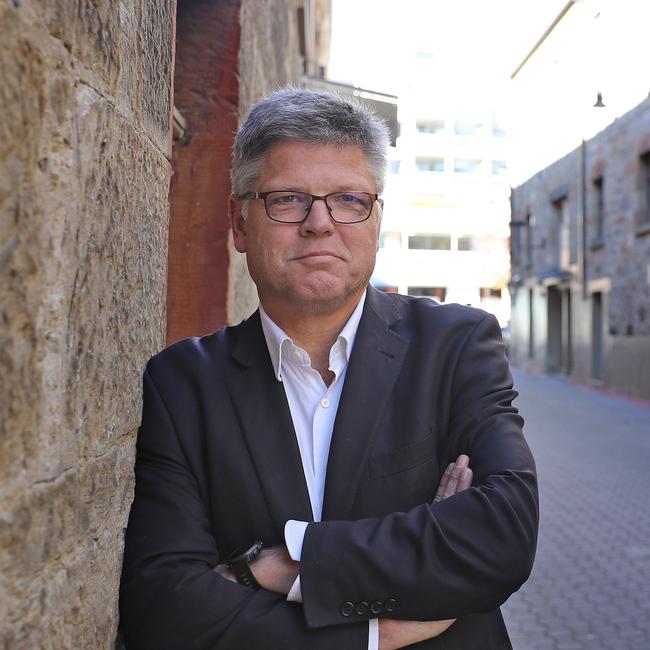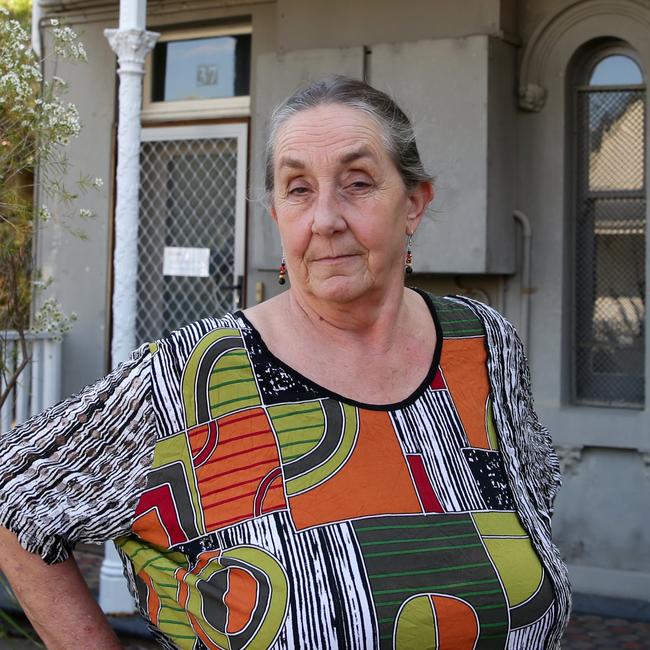Sex consent law proposals could apply to husbands and wives
New consent laws in NSW will turn sex into a cold contract, could refer to a husband and wife and would make it tougher for sexual assault victims to give evidence, the head of a peak legal body says.
NSW
Don't miss out on the headlines from NSW. Followed categories will be added to My News.
Husbands may have to get an explicit “yes” from their wives before having sex to ensure it is legal, according to lawyers who believe the state’s proposed new rape laws are a waste of time.
The laws, which clarify the issue of consent, will turn sex into a cold contract and make it tougher for victims of sexual assault giving evidence in court, the head of the Australian Lawyers Alliance Greg Barns said on Monday.

The proposals from the NSW Law Reform Commission call for “words and actions” to show both parties are freely and voluntarily willing to have sex rather than a lack of consent or saying “no”.
“It’s almost as if you want people to have a contractual analysis,” Mr Barns, who thinks the law of consent is fair enough already, said. “These cases are complex in law in relation to consent and we think it is fairly workable as it is and we certainly don’t want to have to look at in a cold contractual manner. We know sex doesn’t happen like that.”
He said the proposed changes were a waste of time and could refer to a husband and wife. Rape applies equally in marriage as outside the institution.
He said they would lead to victims being cross-examined for even longer in a trial over the issue of consent.
Executive officer at Rape and Domestic Violence Services Australia, Karen Willis, welcomed the proposed reforms and said she did not have a problem with a husband and wife talking about sex.
“Just because you say ‘I do’ once does not mean that you have to say it for the rest of your life,” Ms Willis said.
The review of consent laws was referred by the state government to the Law Reform Commission last May as a result of the high-profile case of Luke Lazarus, 28, whose conviction for anally raping an 18-year-old woman in an alleyway behind his father’s Kings Cross nightclub was overturned on appeal and a retrial ordered. Mr Lazarus was subsequently acquitted after he maintained he did not know the woman, who he had only met that night, was not consenting.

Ms Willis said she had been hoping the proposed changes would require a verbal “yes” to sex but was pleased that an affirmation would have to come through “words and phrases”.
She said the reforms would not end sexual assaults but said the changes would be part of a public education campaign.
“If you are not 100 per cent sure the person is consenting and don’t want to ask, just stop,” she said.
The proposed changes include following the lead of Tasmania and Victoria where a person who does not do or say anything to communicate consent does not, in law, consent to a sexual activity.
MORE NEWS
2GB boss loses $800k-a-year job in Nine shake-up
Speedway closure to ‘impact the whole sport in Australia’
MONSTR founder and bikie found dead after escaping jail
“That is, without communication of consent, there is no consent,” the proposals state.
The proposals also recognise that a person who “freezes” out of fear does not consent and that a pattern of coercion or fear through family violence — and not just what happened immediately before the sex act — would be recognised.
Ms Willis welcomed a proposal that means if a defendant claims the complainant said “yes” or indicated consent, then they would have to give evidence about that rather than leave it to the prosecution to prove their guilt.
Mr Barns, a Tasmanian barrister, said that since the consent laws were toughened in Tasmania in 2004, he had rarely known them to be used because the changes were not needed.
The Law Reform Commission did not accept a submission from the NSW Bar Association to reduce a person’s criminality if they had an honest but mistaken and unreasonable belief that there was consent.
The proposals have been released in a draft form for more feedback because of their controversial nature.
“I look forward to examining these draft proposals in detail and considering the views of interested members of the community,” Attorney-General Mark Speakman said.
